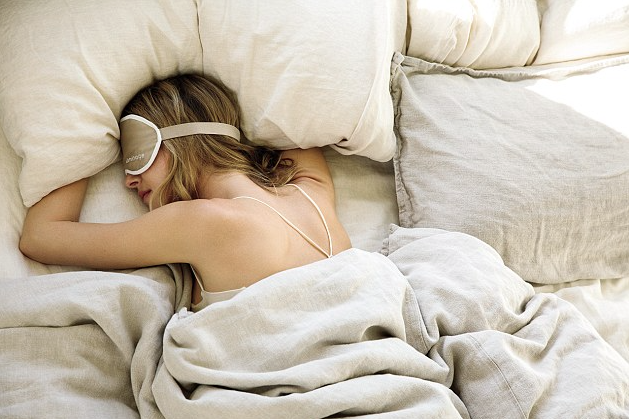Eat onions, leeks and artichokes if you're stressed and struggling to sleep. For scientists have discovered that the popular vegetables could help humans to relax - allowing them a better night's sleep.
They are known to be high in prebiotics, dietary fibers that act as food for good stomach bacteria.
And a groundbreaking new study has found these help to boost gut health by aiding the growth of beneficial bugs. They also release metabolic byproducts which influence the brain into overcoming worry and fear, research shows.
Experts believe the findings strengthen the ever-growing link between gut bacteria and overall health.
A lot is already known about probiotics - live bacteria designed to improve gut health - but research on prebiotics is relatively scarce.
To test their effects, a team of US scientists fed three-week-old male rats a diet of either standard chow or chow that included prebiotics.
The rodents are often used in scientific research due to their close genetic and behavioural resemblance to humans.
They then monitored the rodents' body temperature, levels of stomach bacteria and sleeping cycles using a brain activity testing.
Those on the prebiotic diet spent more time in non-rapid-eye-movement sleep (NREM), the researchers from University of Colorado Boulder found.
This form is more restful and restorative is where the body gets the chance to repair itself.
After being exposed to a stressor, the rats on the prebiotic diet also spent more time in rapid-eye-movement sleep (REM).
REM sleep is when dreams occur, and is believed to be critical for promoting recovery from stress.
Stress has previously been shown to reduce healthy diversity of gut bacteria and to lead to a temporary flattening of natural fluctuations in body temperature.
But rats on the prebiotic diet were buffered from these impacts, the scientists discovered.
They maintained a healthy and diverse gut microbiota and normal temperature fluctuations even after stress exposure.
Writing in the journal Frontiers in Behavioral Neuroscience, the researchers said: 'It is possible that a diet rich in prebiotics started in early life could help improve sleep, support the gut microbiota and promote optimal brain/psychological health.'
But the researchers said that it's far too early to recommend prebiotic supplements as a sleeping aid.
Further studies are needed to confirm the effects that prebiotics can have in promoting a good night's rest or buffering stress.
[dailymail]
[dailymail]









